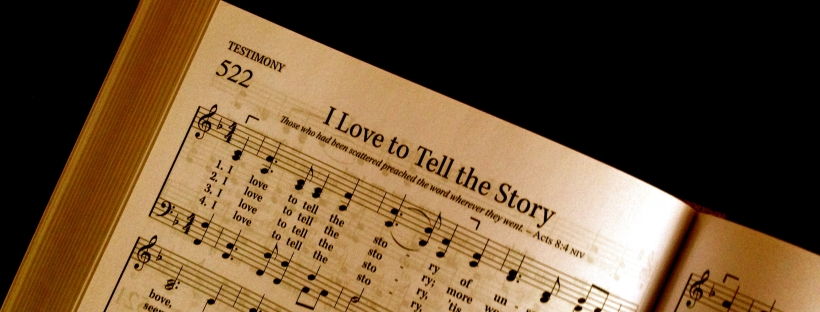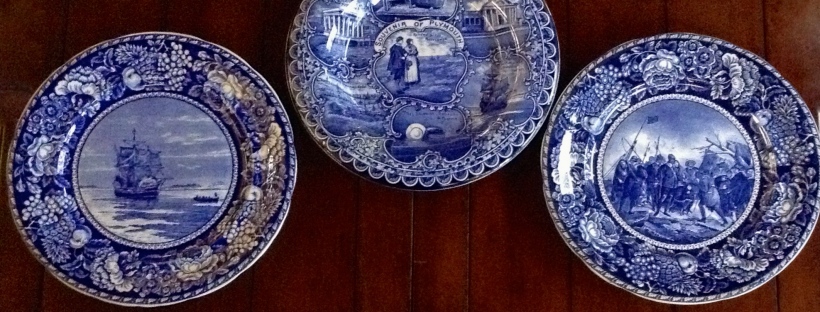All things considered, I think you could forget the Pilgrims and still celebrate Thanksgiving this year.
But, no, just eating a stuffed bird or watching men chase each other with a funny-shaped ball does not count as celebrating Thanksgiving. If that’s all we do, let’s be honest, please, and call it Turkey Day or even Football Day.
(Note: I don’t actually have anything against turkeys – especially when they’re on my table – or funny-shaped balls; I just would like us to call things what they are, even holidays.)
Back to Thanksgiving.
It’s not that the Pilgrims would be all fine and jolly with you forgetting them entirely. At least William Bradford would be concerned. And with good reason.
He understood a particular aspect of humanity: unless you’ve gone through the suffering required to reach a goal yourself, you’re apt to not value the reward nearly as much as those who did suffer. Bradford wanted the Pilgrims’ descendants to treasure what they were given, so he wrote an account of their struggles called Of Plymouth Plantation. (It’s worth cracking the cover. I believe Grandma called it “fascinating”.)
But, as far as Thanksgiving Day itself goes, I think the Pilgrims really wouldn’t mind if we happen to talk about them less. Squanto and Samoset probably wouldn’t be bothered either.
Why? Quite simply, it’s not about them.
Yes, Thanksgiving is a good time to remember our history, but it’s still not about the Pilgrims.
Then what or who is it about?
In Bradford’s own words, this group of sojourners who became known as the Pilgrims saw themselves as potentially “but stepping stones” to something – or you could say Someone – much more important than themselves.
“Last and not least, they cherished a great hope and inward zeal of laying good foundations or at least of making some way towards it, for the propagation and advance of the gospel of the kingdom of Christ in the remote parts of the world, even though they should be but stepping stones to others in the performance of so great a work.” [1]
Then who is Thanksgiving about?
Thanksgiving is – or is supposed to be – a day when we take time to be thankful not just to each other but really to God, the God Who sustained the Pilgrims, the God Who prepared Samoset and Squanto to help them, the God Who has been directing the stories of our lives ever before and ever since the Mayflower anchored off America’s shore, the God Who makes plants grow and created that turkey on your table.
God really is the One the Pilgrims would want you to be thinking of and thanking this Thanksgiving, even if you forget them. After all, the Pilgrims may be simply “stepping stones”.
“Know ye that the Lord he is God: it is he that hath made us, and not we ourselves; we are his people, and the sheep of his pasture.
Enter into his gates with thanksgiving, and into his courts with praise: be thankful unto him, and bless his name.
For the Lord is good; his mercy is everlasting; and his truth endureth to all generations.”
~Psalm 100:3-5, KJV
1 William Bradford, Of Plymouth Plantation: Bradford’s History of the Plymouth Settlement: 1608-1650, pg. 21.







